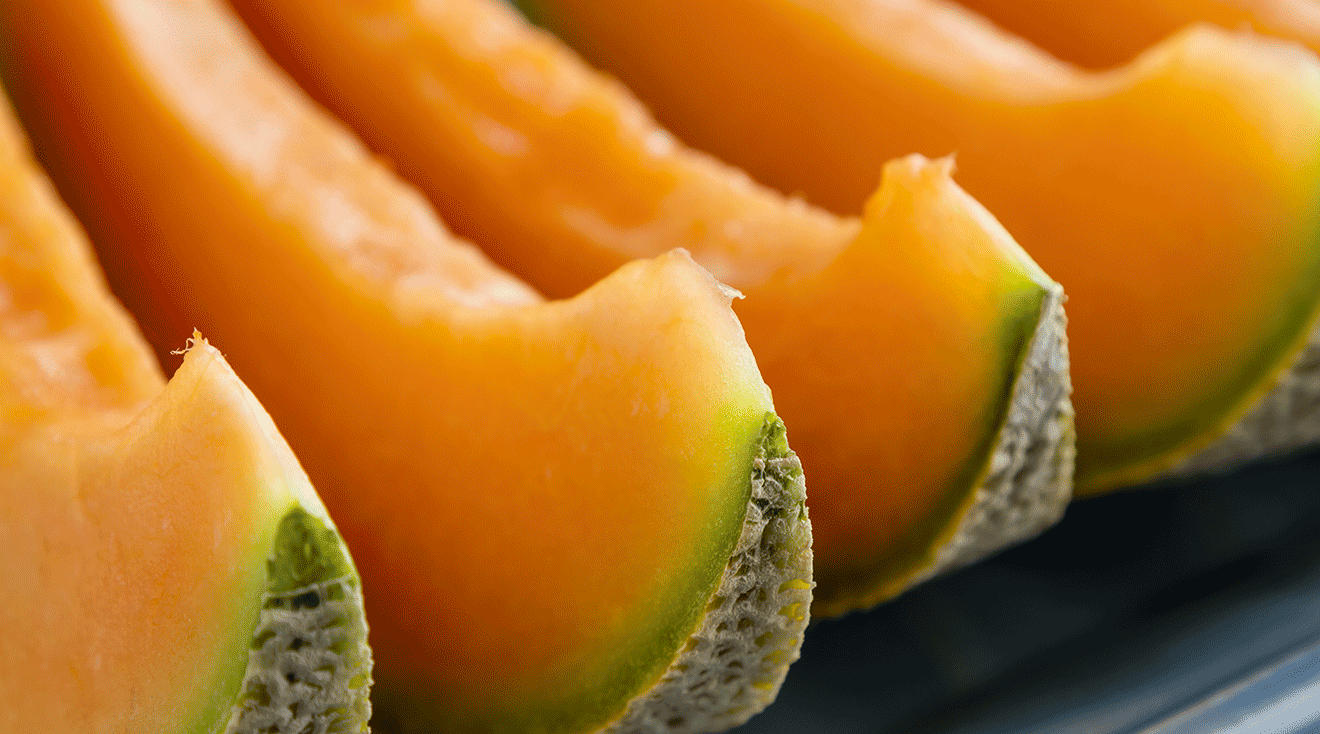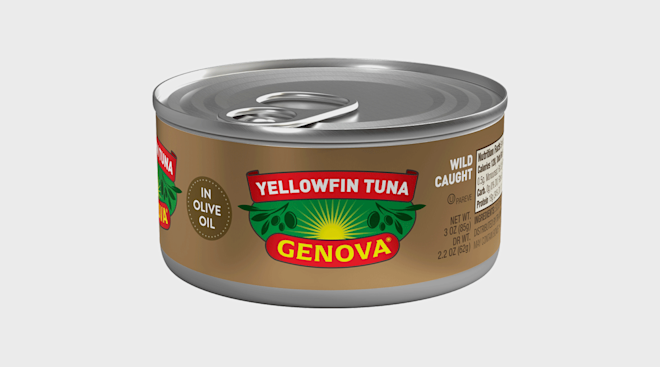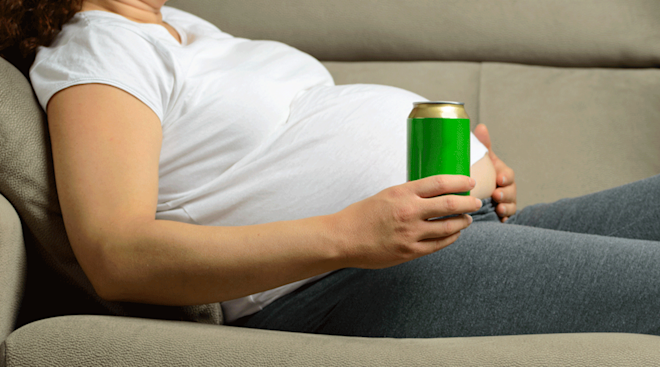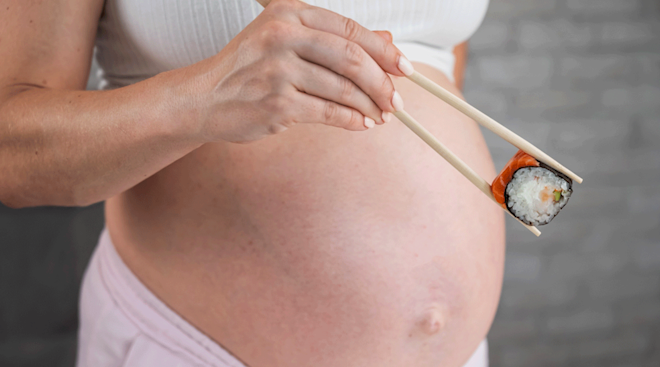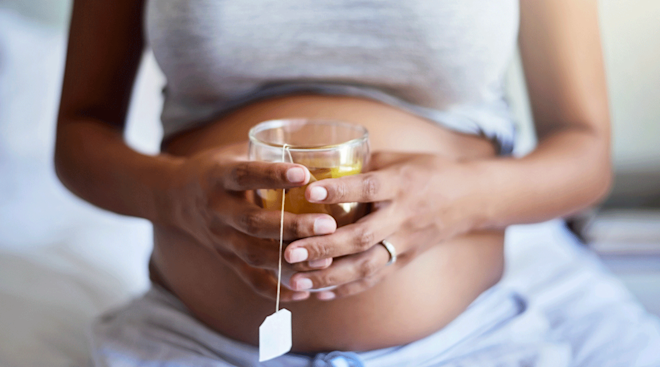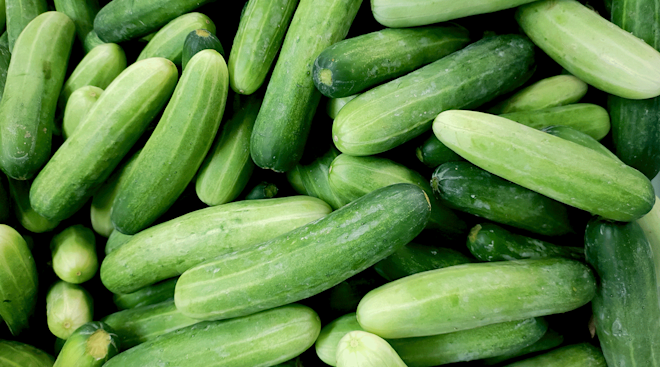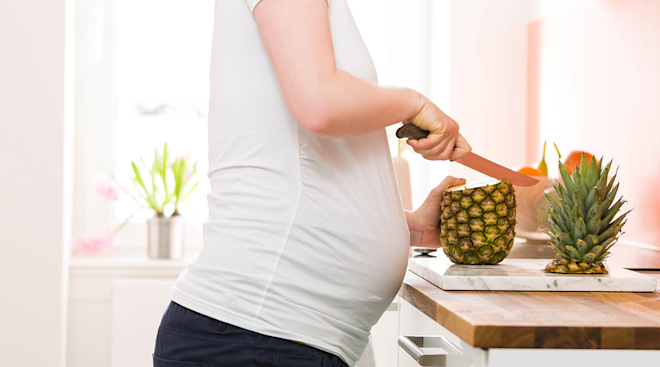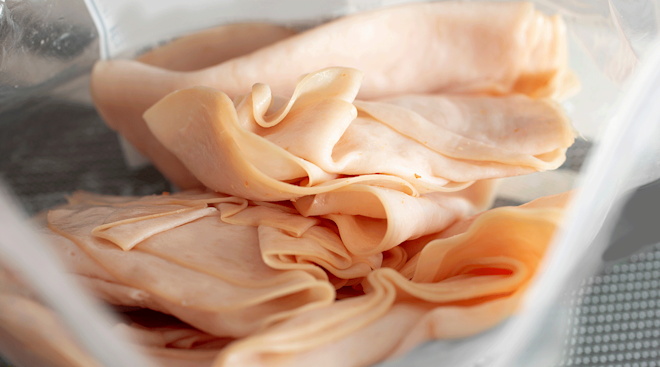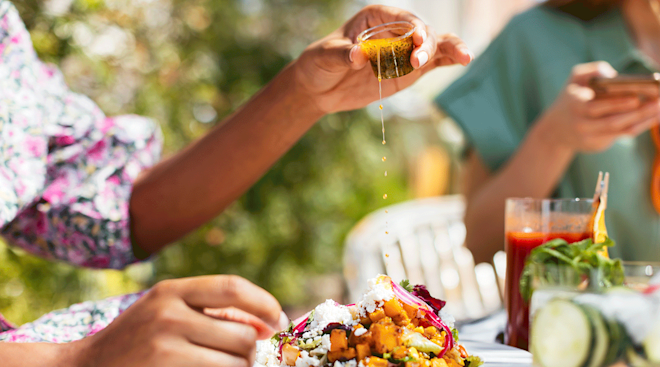CDC Urges People to Avoid Cantaloupe as Salmonella Outbreak Grows
There are plenty of foods to indulge in while pregnant, but there’s also a short list of foods to avoid. From raw fish to cookie dough, these food items are prone to harbor some potentially nasty bacteria that could be harmful to you and baby.
But outside of these more obvious no-nos, sometimes a seemingly innocuous food pops up on the radar as hazardous for expectant mothers due to contamination. The latest to be recalled? Cantaloupes. Here’s what you need to know.
What cantaloupes are being recalled and why?
The Centers for Disease Control and Prevention has identified an assortment of whole and pre-cut cantaloupes that have been linked with 117 salmonella cases and 60 hospitalizations in the United States and Canada.
As a result of an ongoing investigation into these cases, Malichita brand whole cantaloupes from Mexico have been recalled along with Vinyard brand pre-cut cantaloupe and fruit products.
A variety of stores from Kwik Trip and Racetrac to Kroger and Trader Joes have also recalled pre-cut fruit products made with recalled whole cantaloupes. Aldi stores have also recalled whole and pre-cut cantaloupe and fruit products sold in Illinois, Indiana, Iowa, Kentucky, Michigan and Wisconsin between October 27 and October 31.
How do I know if my cantaloupe is recalled?
You can check whether or not your cantaloupe is a part of the recall by looking at the sticker on each cantaloupe or the lot code. You can see more information on how to identify if your cantaloupe may be contaminated with salmonella on the FDA website recall website at CDC.gov/Salmonella/Outbreaks-Active.html.
Because of the increasing spread and severity of the current Salmonella outbreak, the CDC is now recommending that the elderly, children under five and pregnant women avoid eating all whole and pre-cut cantaloupe if you don’t know whether Malichita or Rudy brand cantaloupes were used.
Why should pregnant women be concerned?
Pregnant people are more likely to contract severe illness from salmonella than non-pregnant people due to their weakened immune systems. According to the National Institutes of Health, while not common, salmonella can also increase the chance of complications during pregnancy, depending on the severity of the infection. In some cases, it can increase the chance for preterm delivery and restrict the growth of the fetus.
Once contracted, symptoms from salmonella usually start within six hours to six days. Symptoms can include diarrhea, fever and stomach cramps. Some severe but often uncommon salmonella strains can sometimes cause infection in urine, blood, bones, joints or the nervous system, and can cause life-threatening issues.
How do I protect myself?
The FDA and CDC urge anyone who may have purchased affected cantaloupes to immediately discard the fruit. If you want to learn more about the recall and check to see if your cantaloupe may be affected, visit CDC.gov.
Navigate forward to interact with the calendar and select a date. Press the question mark key to get the keyboard shortcuts for changing dates.

































